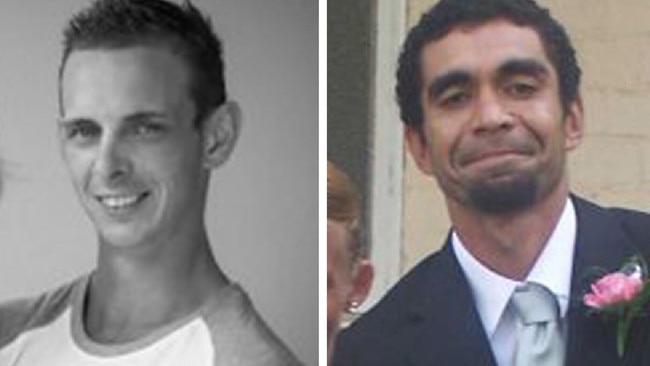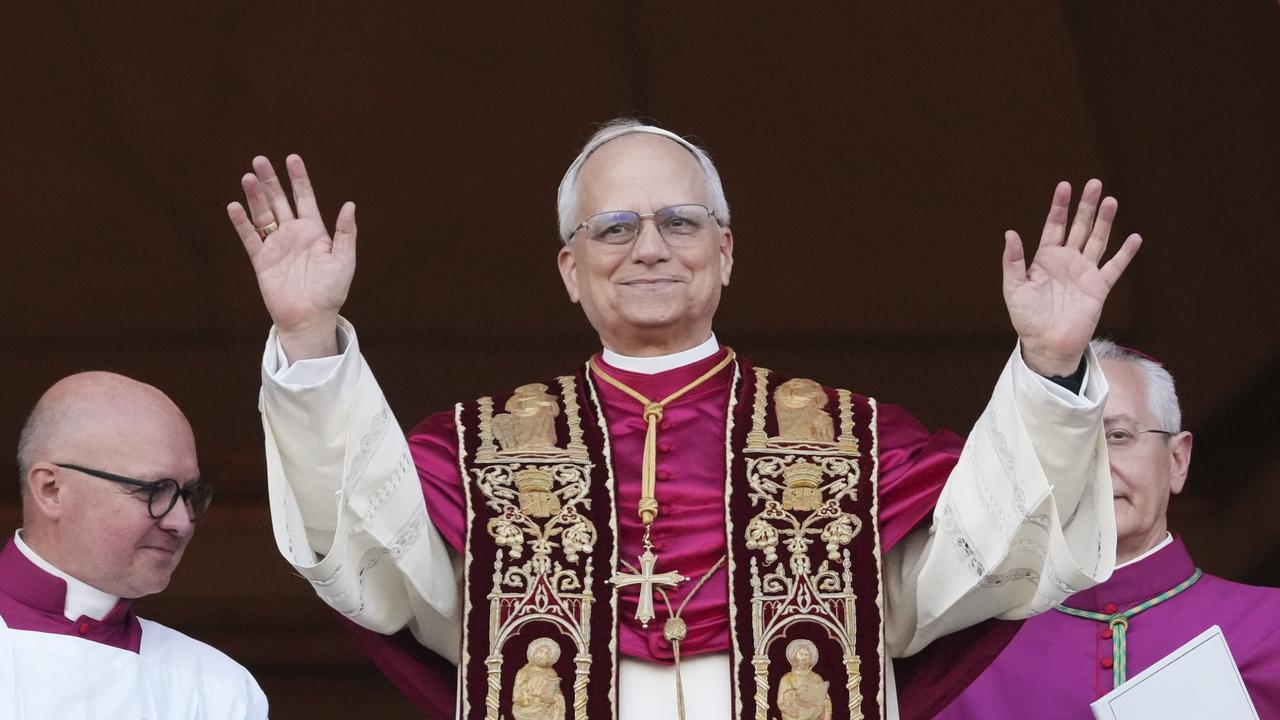
The perverse incentive created by the High Court is that if a foreign national with indigenous status commits a violent crime in Australia, they won’t have to leave.
The two men granted special recognition by the High Court were facing deportation on character grounds because they committed violent crimes against people in Australia. New Zealander Brendan Thoms was convicted of a domestic violence offence. Daniel Love, a citizen of Papua New Guinea, was convicted of assault occasioning bodily harm. Neither of them has Australian citizenship.
In their decision, four High Court judges — Virginia Bell, James Edelman, Michelle Gordon and Geoffrey Nettle — created a new category of Australian called a “belonger”. This person is not a citizen but we must accept them as Australian because of their race.
In this case, the protected race of Aboriginality endows foreign nationals with the right to stay in Australia even after committing violent crimes against people. The High Court four believe if a person passes the tripartite test of Aboriginal descent used in native title cases, they cannot be recognised as an alien for the purpose of migration law.
Indigenous Australians Minister Ken Wyatt said he was pleased with the High Court decision because it used “biological evidence” consistent with Mabo as the basis of determining the foreign criminals’ right to remain. Chief Justice Susan Kiefel disagreed with their interpretation, saying Mabo did not provide a basis for such a conclusion. In dissent, Justice Stephen Gageler also argued that section 51 (xix) of the Constitution did not admit the existence of a new category of non-aliens who would be “consigned to inhabit a constitutional netherworld”.
By a 4:3 majority, the High Court has changed the definition of a citizen and, by extension, the mutual recognition between fellow citizens that creates a sense of mateship, positive patriotism and nationhood.
The relation of the citizen to the state defines what model of nationhood is recognised in each country. In a representative democracy, citizens are entitled to equality before the law and universal suffrage to elect their parliamentary representatives. For unelected judges to create a race-based hierarchy that endows one racial group with special privileges and protections denied to the majority is inegalitarian and undemocratic. The High Court four may believe they are progressive, but they have embedded inequality in Australian law by making race privilege a legal prerogative. History demonstrates how dangerous the precedent can be.
The High Court judges who contend that foreigners are Australians if they commit a crime and claim indigenous ancestry are insulting the intelligence of the people. They have exceeded the natural limit of their authority and set a precedent for legal reform that flies in the face of representative democracy. No reform so radical should be made without obtaining the express consent of the Australian people by referendum, plebiscite or taking the proposal to a federal election.
The law should provide an incentive for people to be law-abiding by punishing criminality. In this case, the High Court decision provides a perverse incentive for violence against Australian citizens by rewarding foreign criminals with the right to remain if they have Aboriginal ancestry.
The deportation of foreign criminals sends a clear message that we will decide who enters Australia and who stays here. Those who commit violence against Australians are not welcome in our country, any more than a violent stranger would be welcome in our homes. Foreign nationals who abuse and hurt our children, women or men should not be rewarded with the gift of remaining here. There are countless refugees of good character who are desperate to call our country home. Welcome them, not the men who do us harm.
As the genocidal terrorist group Islamic State gained power and exploited weak national border policy to carry out devastating terrorist attacks, the Coalition reformed national security laws. Last year, Home Affairs Minister Peter Dutton defended the authority to deport foreign criminals, saying 100 deportees were convicted pedophiles, 56 were armed robbers, 125 had committed an assault, 13 were convicted murderers and 53 were guilty of domestic violence.
Dutton responded to the High Court indigenous ruling by saying he respected the law as it stands but found the decision problematic. His department is seeking legal advice on options for legislation to limit damage that could be caused by the ruling.
The first priority of government is to keep citizens safe. The High Court appears to have abandoned the principle in an apparent pursuit of social justice. The court’s new “belongers” can commit violent crimes against Australians without fear of deportation if they have the right blood. If the goal of the High Court four was to sow the seeds of backlash against indigenous Australians, they have a done a sterling job of it.
The High Court ruling is inconsistent with democracy. It entrenches inequality on the basis of race. It sows social discord by subordinating the safety of Australians to the pursuit of social justice. It violates the principle of equality before the law. It represents elitism of the lowest order.
The judges who made the decision are being feted as progressive. Racism is not progress. A belief in race-based privilege is not progressive. To celebrate the rise of race-based immigration law is to be on the wrong side of history.




The High Court decision to introduce a race-based test for the differential treatment of criminals under Australian law is undemocratic. It transfers the authority to determine who enters Australia from millions of citizens and our elected parliament to unelected lawyers. It establishes race privilege — racism — as a right. It poses a threat to social cohesion by dividing Australians into racial categories and offering special protections to a minority. And it threatens the safety of law-abiding citizens by providing for a criminal class that cannot be deported.